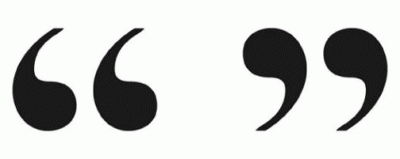The short story is this: within the next few weeks, this site will be moving to the First Arriving blogger network. Hopefully, this process will be relatively seamless and invisible, and you won’t notice anything change. There may be a brief downtime.
The longer version is this: the EMS Blogs network, where we formerly made our home, is shutting its doors. Dave Konig, the network founder and administrator, has made the decision to close up the existing host and relocate the constituent blogs. He can explain better than I can, but things have been a little rocky recently, and astute readers will probably still notice some intermittent outages and broken corners of this site. Hopefully this will all be repaired, or at least repairable, after the move.
The sentimental version is this: the fact that Dave is no longer able to dedicate an unreasonable amount of his free time to serving us authors is not a personal failing on his part. Actually, it’s the opposite. It just highlights how much he’s done for us over the years.
I’ve remarked upon this before, but I believe it’s the folks like Dave in the world who deserve whatever attention we can point their way. They will never ask for it, and if you let them, they’ll remain an invisible part of the backdrop. Yet here are the facts: you would not be reading this blog, nor any of its independent content, nor its sister site Lit Whisperers, if it weren’t for many, many hours of work by Dave. We are not paying him, and he has never made any efforts to monetize the network or profit from us in any significant way. Our names run in the banners, not his. He doesn’t even get a thank you, because mostly we forget he exists.
So now that we’re parting ways, I hope we can all take a moment to remember his efforts.
Dave has done a huge service for the EMS blogging and FOAM community; I am grateful; and you should be too.



Recent Comments